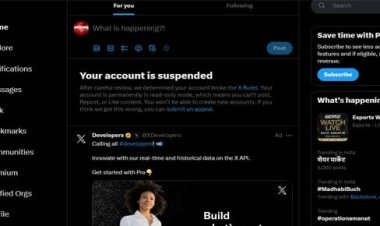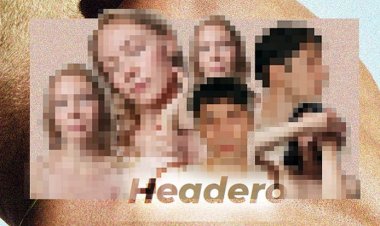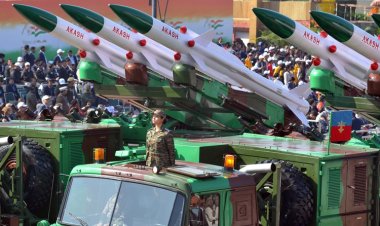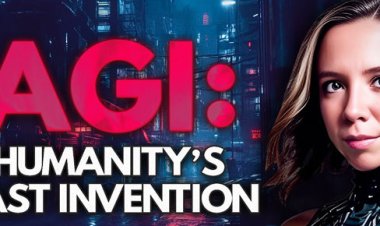US Court Affirms That AI-Generated Art Is Not Copyrightable
Human authorship is a prerequisite to copyright protection under US law, the ruling confirmed
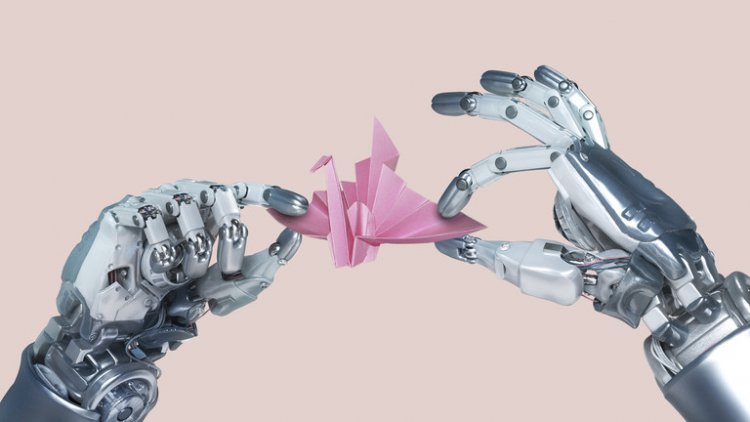
A federal judge has affirmed a ruling that artwork created by artificial intelligence (AI) is not eligible for copyright protection. The decision, which was issued by US District Judge Beryl Howell, came in response to a lawsuit filed by AI entrepreneur Stephen Thaler.
Thaler had argued that his AI system, the Creativity Machine, was capable of creating original works of art. However, Judge Howell disagreed, finding that the Copyright Act requires that works be created by a "human being."
The ruling is a setback for Thaler, but it is also a victory for copyright law. The law has long recognized that copyright protection is intended to promote human creativity. By requiring that works be created by humans, the law ensures that copyrights are awarded to those who deserve them, and that they are not used to stifle innovation.
The ruling is also likely to have a significant impact on the future of AI-generated art. While it is still possible for AI to be used to create art, the fact that the art cannot be copyrighted means that it will be more difficult for artists to profit from their work. This could discourage some artists from using AI, and it could also lead to more disputes over ownership of AI-generated art.
The ruling comes at a time when there is growing debate about the role of AI in the arts. In recent years, there has been a surge in the development of AI-powered art generators, which can create realistic and creative images, paintings, and music. However, the use of AI in the arts has also raised concerns about copyright, ownership, and the potential for AI to replace human artists.
The decision in the Thaler case is a reminder that copyright law is still evolving to keep pace with new technologies. It remains to be seen how the law will ultimately be applied to AI-generated art. However, the ruling is a significant step in clarifying the legal landscape for AI and the arts.
In addition to the Thaler case, the ruling also comes amid a number of other developments related to AI and copyright. In January, a group of artists sued the makers of AI art generators Midjourney, Stable Diffusion, and DreamUp, alleging that the tools violated their copyrights by using their content without permission. The lawsuit is still pending, but it is a sign of the growing tensions between artists and the companies that develop AI art generators.
The use of AI in the arts is a complex issue with no easy answers. However, the ruling in the Thaler case is a helpful step in clarifying the legal landscape. It remains to be seen how the law will ultimately be applied to AI-generated art, but the ruling is a significant development that will likely have a major impact on the future of the arts.













